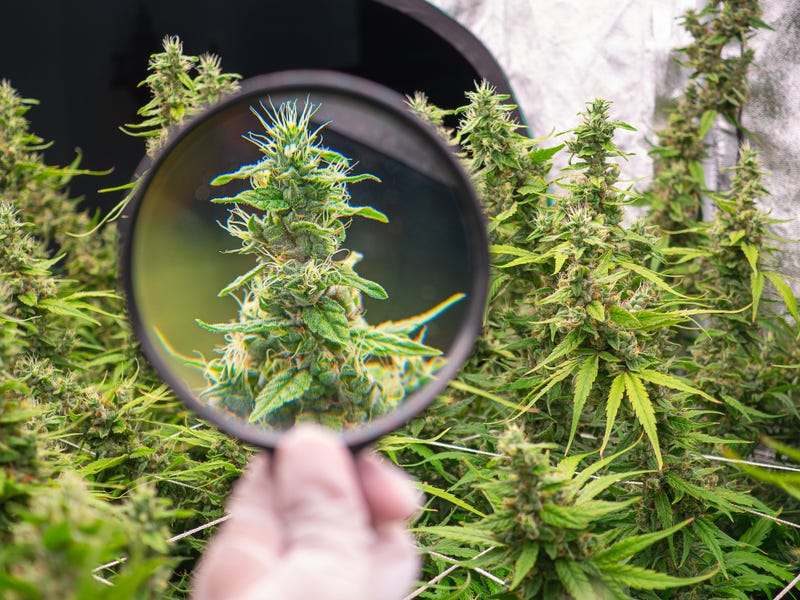
Lawmakers in Washington and Vermont are currently considering an issue that may impact an estimated 16% of Americans: high potency cannabis.
“Over the last several decades, the THC content of cannabis has changed substantially. In 1995, the average THC content in cannabis seized by the Drug Enforcement Administration was about 4%. By 2017, it had risen to 17% and continues to increase,” said Yale School of Medicine over the summer. Audacy reported earlier this month that this stronger marijuana has been linked to mental health disorders.
In Washington, The Seattle Times urged the legislature to regulate high potency pot. It also warned against products with even higher levels of THC.
“The fifth attempt at regulating manufactured cannabis products is the most modest yet. Like previous legislation, it focuses on vape oils, shatter and dabs sold in retail shops that have THC (tetrahydrocannabinol) concentration of nearly 100%. By comparison, today’s marijuana plants have THC content of about 15%,” said the outlet in a Tuesday editorial.
In Vermont, WCAX reported that the Department of Health was calling on lawmakers to vote against a bill at the Statehouse eliminating the THC cap on cannabis flower and concentrates.
“Officials say data from the most recent Youth and Behavior Risk Survey showed a connection between higher potency concentrates and issues with the developing minds of adolescents,” said the outlet.
As of 2022, Gallup polling found that 16% of Americans say they smoke marijuana. That was up slightly compared to 12% to 13% figures Gallup recorded from 2016 to 2021. With increasing potency, this rising percentage of marijuana smokers aren’t smoking the same pot that rock stars wrote about in the 60s.
“The marijuana and cannabis products that your grandparents may have used are very different from what’s out there now,” explained Dr.
Deepak Cyril D'Souza, MD, Albert E Kent Professor of Psychiatry at Yale School of Medicine.
